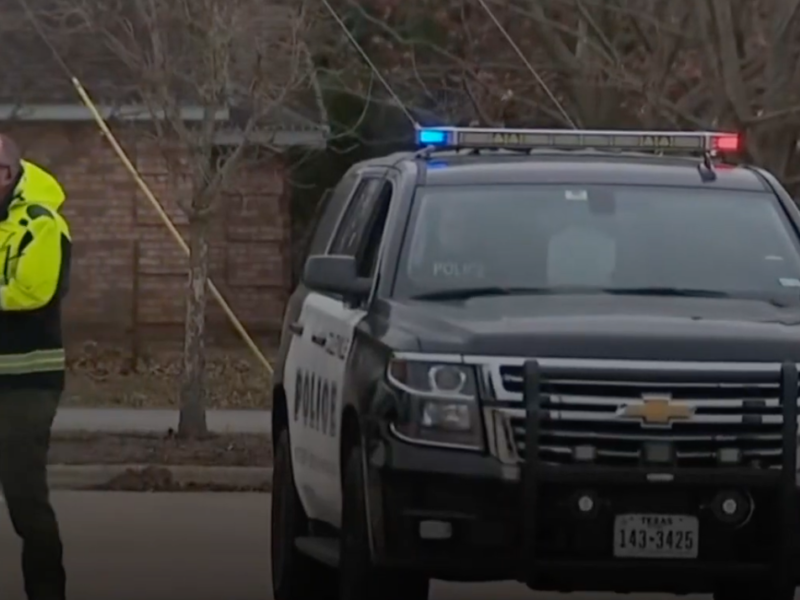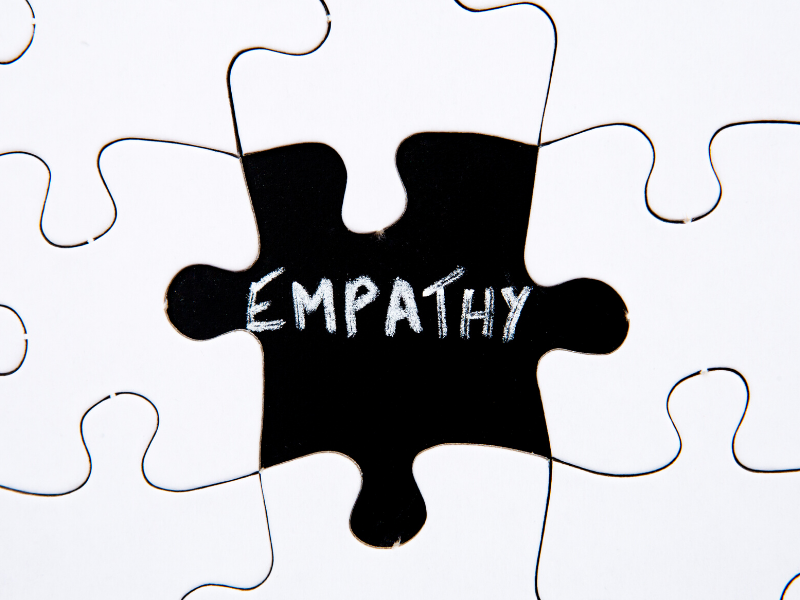For more than 150 years, Jewish life in Oregon has been characterized by dreamers, doers and those devoted to a cause. The pioneer Jews who came to the Western Frontier sank deep roots. Those first Oregon Jews, who came from Germany in the mid-1850s, often lived in other places in America before finding their way out West. Many of them were merchants who, along with other pioneers, helped build their new communities and played important roles in business and civic life. Jews served as mayors in towns from Astoria to Pendleton and Trout- dale to Burns. They were leaders in state government and had roles as varied as postmaster and Internal Revenue Service agent, establishing a legacy of public service and political involvement that continues to this day.
They also built a strong Jewish community – founding synagogues, schools, social and charitable organizations and welcoming waves of other immigrants, refugees and survivors who would come to call Oregon their home. Those later arrivals made their own contributions, strengthening the community and adding new colors and textures to the tapestry that is Oregon Jewish life.
Here is a look back at some of the people, events and history that have made us who we are today:
1849 – Jacob Goldsmith and Lewis May, recognized as the first known Jewish settlers in Portland, arrive and open a general store on Front Avenue. They both move on within two years. The 1850 census shows only one person in Portland who can be identified as Jewish, but he does not seem to stay either. Portland reports a population of 821 – though the streets in the small settlement are still dotted with tree stumps, and the dirt streets turn to mud in the rain.
1853 – Caroline Weinshank, a widow described as “the first Jewish woman in Oregon,” arrives in Portland and opens a boarding house for Jewish bachelors. In 1858 she marries Elias Stille of Independence in one of Oregon’s earliest Jewish marriages. Portland’s1860 census records show 84 Jews over the age of 16 in the city – 61 men and 23 women.
1855 – Louis Blumauer, the first Jewish child born in Oregon, is born in Portland.
1856 – The first Jewish New Year services in the Oregon Territory are held in the gold-rush boomtown of Jacksonville in Southern Oregon, where German-Jewish immigrants moved from the California gold fields. The small community thrives for a generation or so. The community’s last Rosh Hashanah services are held in 1883, with most of the pioneers and their families eventually moving to San Francisco.
1856 – The first Jewish organization in Oregon, Portland’s Mt. Sinai Cemetery Association, is incorporated by an act of the Territorial Legisla- ture, and the city’s first Jewish cemetery is located near what is now the west end of the Ross Island Bridge. In 1862 the cemetery association is absorbed by Congregation Beth Israel and, after Corbett Avenue is widened, graves are relocated to the Beth Israel Cemetery on Taylors Ferry Road.
1857 – Aaron Meier, a founder of what was to become Portland’s dominant department store for decades, Meier & Frank, settles in Portland. By 1914 Meier & Frank is the fourth-largest depart- ment store in the country. Meier returns to his native Ellerstadt, Germany, to marry Jeanette Hirsch in 1863. Ten years later in 1873, Emil Frank becomes Meier’s partner. Julius Meyer, Aaron’s and Jeanette’s son, promotes Portland’s 1905 Lewis and Clark Centennial Exposition, is considered the “father” of the Columbia River Highway and in 1930 is elected governor of Oregon.
1858 – Congregation Beth Israel, the first Jewish congregation west of the Rocky Mountains and north of California, is founded in Portland. The Reform congregation’s members include prominent Jewish business and civic leaders.
1869 – Congregation Ahavai Sholom, a Conservative congregation, is founded by Jews originally from Prussia, with four of the eight founders having left Beth Israel, perhaps because of disputes over a move to more “American-type” Reform religious practices. Congregations Neveh
Zedek and Talmud Torah begin in 1892 and 1893, respectively, and eventually merge with Ahavai Sholom in 1961 to form Congregation Neveh Shalom.
1869-71 – Bernard Goldsmith becomes Portland’s first Jewish mayor. The Bavarian native, like many Jewish pioneers, lived elsewhere in the united States before coming to Oregon. He was a cavalry lieutenant in the Indian Wars in Northern California and Southern Oregon in the mid-1850s. In Portland he buys a jewelry store attached to an assay office and then buys a wholesale dry goods store to be operated by his brothers , whom he’d brought to Oregon. He quickly becomes part of Portland’s financial elite and is involved in everything from shipping wheat to railroads to building the locks at Willamette Falls in Oregon City.
1871-73 – Goldsmith’s successor, Philip Wasserman, is Portland’s second Jewish mayor.
1880-1910 – Portland attorney Joseph Simon, according to historian E. Kimbark MacColl, becomes “clearly the most powerful individual in Oregon’s politics.” Simon serves as state GOP chairman, a state senator 1880-91 and 1895-98, U.S. Senator 1898- 1903 and Portland mayor 1909-11.
1896 – The Portland chapter of the National Council of Jewish Women organizes, just three years after the national organization is begun in Chicago. In 1905 the group opens Neighborhood House, a settlement house in the Old South Portland neighborhood, to help the wave of new immigrants from Eastern Europe adjust to American life.
1902 – Congregation Shaarie Torah organizes as an Orthodox congregation, purchasing its first building in 1905. Rabbi Joseph Fain (originally Faivusovitch), a noted Lithuanian scholar, serves the synagogue from 1916 until his retirement in 1946. He also assists two other early Orthodox synagogues, Linath HaZedek, which eventually merges with Shaarie Torah, and Kesser Israel, which continues as an Orthodox congregation. This past year Shaarie Torah, unaffiliated for many years, joins the Conservative movement.
1905-1906 – Rabbi Steven S. Wise serves as rabbi of Congregation Beth Israel, speaking out on a variety of civic and religious issues including ardent support of Zionism. After leaving Portland he founds the Free Synagogue in New York and becomes one of the preeminent rabbis in America.
1914 – The B’nai B’rith Building, later to become the Jewish Community Center, opens on Southwest 13th Avenue and Mill Street. The center provides meeting space for community activities, classrooms, recreation and entertainment. The physical education program at the center becomes one of the best in the city. A summer camp launches in 1921 and by 1928 has a permanent home on Devil’s Lake near Lincoln City on land donated by Julius Meier. In 1971 the center moves to a modern facility in Southwest Portland, where it continues today to be a home for the Jewish community.
1916 – The community organizes to take care of older people in need. The Jewish Women’s Endeavor Society first remodels its building at 647 SW Fifth Ave. to provide housing, and then in 1920 joins forces with the Old Men’s Hebrew Fraternal Organization. That group buys a 16-room house on Southwest Third Avenue and College Street that becomes “The Jewish Old Peoples Home.” A sisterhood group, also organized in 1920, helps raise money for and provide services to the home. The home moves to Southwest Portland in 1955 and continues to expand services,
adding senior apartments, an assisted-living facility, adult day care and additional services under the Cedar Sinai Park umbrella.
1920 – The Federated Jewish Societies, the precursor of today’s Jewish Federation of Greater Portland, organizes to raise money for a variety of Jewish institutions. The goal is $50,000. Beneficiaries include the B’nai B’rith Building, the First Hebrew Benevolent Society, Jewish Relief Soci- ety, Jewish Women’s Benevolent Society, Jewish Women’s Sewing Society, National Jewish Hospital for Consumptives, Neighborhood House, the Committee on Jewish Orphans, Portland Hebrew Free School, Sisters of Israel Benevolent Society and the South Portland Benevolent Society.
World War II, the Holocaust and the Founding of Israel – Oregon Jews serve in the military and in support positions throughout the war. One veteran, Fred Rosenbaum, goes on to become a brigadier general of the Oregon Air National Guard in addition to volunteer service as a chairman of the Housing Authority of Portland and founding an annual summer camp that has hosted thousands of Oregon children and is now known as Camp Rosenbaum. Holocaust refugees and survivors build new lives in Oregon, and the creation of the State of Israel is celebrated in Jewish communities and homes throughout Oregon. (See “Portlanders Supported Israel Long Before Birth of Modern Nation” in the April 2013 Oregon Jewish Life.)
1949 – Gus Solomon becomes a u.S. District Court judge, a position he holds until his death in 1987. Prior to his appointment he helps found Americanization/Citizenship Class 1925 the local American Civil Liberties union chapter. In the 1960s his efforts to open up social clubs to Jews break barriers for Jews in business, as well. He is remembered as a champion of social justice.
1953 – Rabbi Stampfer is installed as rabbi of Ahavai Sholom, beginning a generation of com- munal religious leadership by “The Three Rabbis”: Stampfer and Rabbis Emanuel Rose of Congrega- tion Beth Israel and Yonah Geller of Congregation Shaarie Torah, with the latter two arriving in 1960. Among them the rabbis serve for a total of more than 120 years, creating unusual stability in the city’s religious leadership and pioneering innovations including a community “Introduction to Judaism” course. Their impact is featured in an award-winning 2005 Oregon Public Broadcasting documentary, “The Three Rabbis.”
1958 – Portland voters create the Portland Development Commission, whose first major project is an urban renewal clearance project comprising 109 acres south of Civic Auditorium, the heart of the Jewish and Italian immigrant community. More than 1,500 residents, including 336 families, are relocated as are nearly 290 businesses. A total of 455 buildings are demolished including Jewish-oriented stores, synagogues and churches. Though many Jews had earlier moved to other neighborhoods, one community member called it “the new Holocaust.”
The decades since have seen continued growth and diversity within Oregon’s Jewish community, with vibrant new congregations in the greater Portland area and throughout the state offering options from Jewish Renewal to Chabad Hasidism and Humanistic Judaism.
Jewish education options also have expanded, with opportunities for ages from preschool through senior adult, Judaic studies programs at Oregon colleges and universities, and Jewish Student unions at many Portland-area high schools.
Jews remain active in civic life, with Sen. Ron Wyden, D-OR, currently the state’s highest-ranking Jewish officeholder. Attorney General Ellen Rosenblum is the first woman and the first Jew to hold that post. There are challenges, to be sure, as there always have been. But as Oregon’s Jewish community looks to its future, it can draw strength from its rich history and pioneers who called Oregon home.
Sura Rubenstein is a Portland freelance writer.




